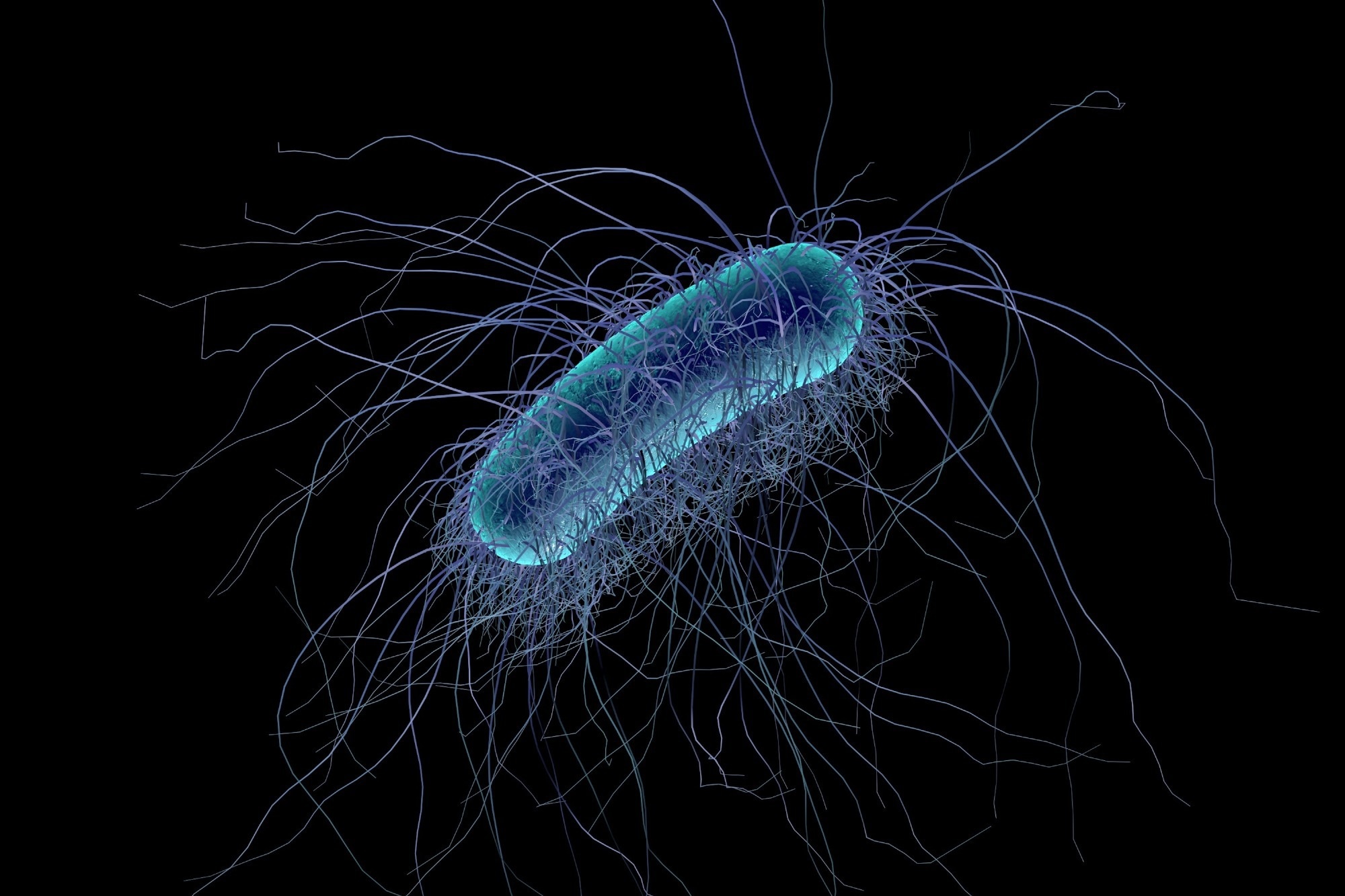In a current research revealed in Microbiology, researchers reveal that Clostridioides difficile spores uncovered to sodium hypochlorite options at clinically related concentrations remained viable with no morphological adjustments and may very well be recovered from affected person robes and surgical scrubs, even after biocide publicity.
 Examine: Clostridioides difficile spores tolerate disinfection with sodium hypochlorite disinfectant and stay viable inside surgical scrubs and robe materials. Picture Credit score: Kateryna Kon / Shutterstock.com
Examine: Clostridioides difficile spores tolerate disinfection with sodium hypochlorite disinfectant and stay viable inside surgical scrubs and robe materials. Picture Credit score: Kateryna Kon / Shutterstock.com
Background
Clostridioides difficile, which is an anaerobic, spore-forming, and Gram-positive bacterium, is the main world reason behind antibiotic-associated diarrhea. Antibiotic remedy usually results in the disruption of the intestine microbiome and, subsequently, the colonization and progress of C. difficile.
Whereas that is noticed in solely 4% of adults, the prevalence of C. difficile infections is as excessive as 70% in youngsters. Moreover, the signs differ from asymptomatic to extreme diarrhea and might result in life-threatening poisonous megacolon, pseudomembranous colitis, and even loss of life.
Statistics from the USA and Europe point out that C. difficile infections trigger over 29,000 and eight,000 deaths annually, respectively. Antibiotics corresponding to fidaxomicin, metronidazole, and vancomycin are sometimes used to deal with C. difficile infections; nonetheless, antibiotic resistance in C. difficile is a rising reason behind concern.
Moreover, the excessive transmissibility of C. difficile spores, mixed with the excessive reinfection and recurrence charges, in addition to resistance to disinfection strategies corresponding to desiccation, radiation, ultraviolet (UV) gentle, and biocides, have made C. difficile infections a severe concern within the healthcare setting.
Concerning the research
Within the current research, researchers study the efficacy of the chlorine-releasing agent sodium hypochlorite as a disinfectant towards C. difficile spores. Chlorine-releasing brokers are an environment friendly and low-cost disinfection methodology used to disinfect surfaces contaminated by feces, blood, or different bodily fluid spills.
Present scientific pointers within the U.Ok. suggest using chlorine-releasing brokers at concentrations of 1,000 elements per million (ppm) for about 10 minutes of contact time with the floor doubtlessly contaminated with C. difficile. Of the chlorine-releasing brokers used within the healthcare setting, sodium dichloroisocyanurate and sodium hypochlorite are the 2 commonest brokers.
Nonetheless, current research, together with earlier research by the identical workforce of researchers, have proven that C. difficile spores exhibit resistance towards sodium dichloroisocyanurate at 1,000 ppm, thus highlighting the necessity to check the efficacy of sodium hypochlorite towards C. difficile spores.
The researchers additionally examined the power of C. difficile spores to be transferred from private protecting gear (PPE) corresponding to affected person robes and surgical scrubs earlier than and after biocide remedy utilizing a plate switch assay. To this finish, scanning electron microscopy (SEM) was used to find out the presence of C. difficile spores inside the material of affected person robes and surgical scrubs.
Spores of three strains of C. difficile that have been thought-about clinically related have been cultured and used within the research. Part distinction microscopy was used to find out if the spores have been pure.
Spores at concentrations of 100 million/ml have been uncovered to sodium hypochlorite at concentrations of 1,000, 5,000, and 10,000 ppm for 10 minutes. The biocide exercise was then neutralized and the spores have been inoculated into an agar medium to check for viability.
Items of cloth from surgical scrubs or robes usually utilized by sufferers have been additionally handled with C. difficile spores. A plate switch assay was used to check the transferability of C. difficile spores.
Examine findings
The spores from all three clinically related C. difficile strains have been tolerant to sodium hypochlorite remedy with vital spore restoration charges. Furthermore, a discount of just one log unit within the spores after remedy was noticed. Even after remedy with 10,000 ppm of sodium hypochlorite, the discount in restoration charges was low for all strains.
SEM evaluation demonstrated that untreated spores of all three strains exhibited morphological options, corresponding to a clean outer floor, which is indicative of an exosporium. The visualization of spores after remedy with sodium hypochlorite indicated no change in morphology and no seen injury to the outer structure of the spore. This implies that C. difficile spores remained viable and unaltered, even after being handled with sodium hypochlorite at concentrations as excessive as 10,000 ppm.
The plate switch assays additionally confirmed that C. difficile spores can unfold by contact between contaminated PPE material and a hydrophilic floor. Moreover, robes worn by sufferers and surgical scrubs can even act as fomites within the transmission of C. difficile spores.
Conclusions
The present research highlights the resistance of C. difficile spores to chlorine-releasing brokers like sodium hypochlorite which might be routinely used for disinfection of contaminated surfaces in scientific settings. Taken collectively, these findings emphasize the pressing have to establish various disinfection methods and brokers which might be efficient towards C. difficile spores.
Journal reference:
- Ahmed, H., & Joshi, L. T. (2023). Clostridioides difficile spores tolerate disinfection with sodium hypochlorite disinfectant and stay viable inside surgical scrubs and robe materials. Microbiology 169(11). doi:10.1099/mic.0.001418

















